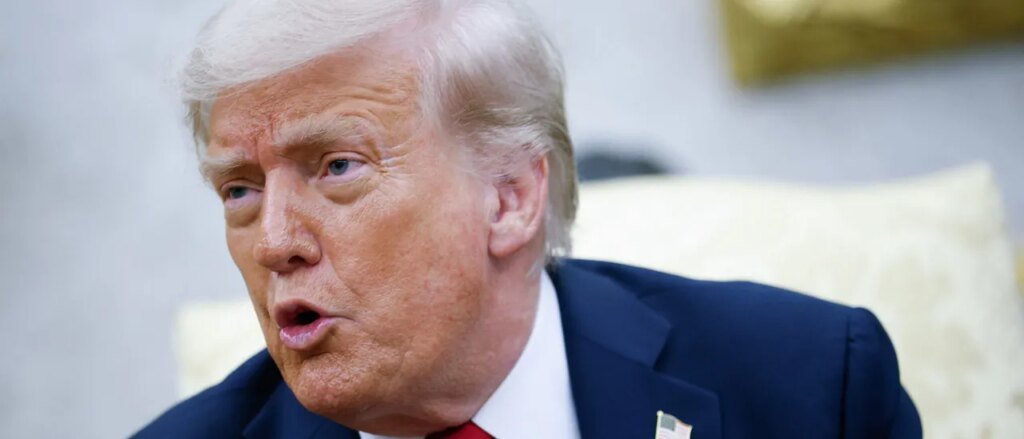President Donald Trump has been keen on establishing peace in Ukraine for some time. However, recent shifts in his policy, especially in light of Russian President Vladimir Putin’s lack of response, could present a chance for Trump to broker a deal, according to foreign policy analysts. On Monday, Trump announced that the U.S. would provide arms to Ukraine through NATO, marking a significant departure from earlier policies that were more hesitant about arming Kiev amid negotiation efforts between Moscow and Ukraine. While some view this as an escalation, it may be the only tactic to draw Putin into discussions, considering attempts at peaceful dialogue have largely faltered, experts say.
“Trump used to be more accommodating,” noted Stephen Butch, a former Pentagon official. “Putin seems inclined to negotiate with Zelensky, but he hasn’t been cooperative. He may say he wants to talk, but then continues to launch aggressive attacks on civilians.” Trump has publicly expressed frustration with Putin for dragging out peace talks while maintaining military operations. On Monday, he also threatened Putin with sanctions and steep tariffs on Russian businesses if he doesn’t engage in peace discussions within 50 days. This sentiment is also shared by both Republicans and Democrats in Congress.
Despite these threats, Putin appears unfazed, confident in managing the economic measures the West has employed. Trump has previously set ultimatums for foreign entities, including those dealing with TikTok and even a 60-day deadline for Iran to discuss its nuclear program. George Beebe, director of Grand Strategy at the Quincy Institute, expressed skepticism about the effectiveness of economic pressure on Russia, noting the Biden administration took a similar approach without success. While many sanctions were imposed under President Biden, the situation on the ground remains largely unchanged, with both sides still heavily engaged in missile and drone warfare.
In a call on July 4, Trump reportedly suggested that Zelensky target deeper into Russian territory using long-range missiles supplied by the U.S. However, some critics argue he doesn’t just raise questions but could be inciting further violence. During his earlier term, Trump’s efforts to negotiate peace involved suspending military aid to Ukraine, leading to complex dynamics with Putin, who simultaneously pursued military action while claiming a desire for negotiation.
Beebe believes that the Trump administration may not grasp that, for Russia, this war concerns broader strategic positions in Europe rather than just territorial disputes in Ukraine. “This conflict is fundamentally about the geopolitical landscape of European security and Russia’s role within it,” he stated. “They approach it mainly as a territorial claim, thinking if land is granted, Russia might back down.” Trump clarified that NATO would manage the distribution of arms to Ukraine, with U.S. arms to date totaling approximately $66.9 billion since the conflict began in March 2022, according to the State Department.
Russia maintains its demand for a peace agreement that includes acknowledgment of seized territories, while Ukraine remains unwilling to concede any land. Beebe suggests that a potential peace agreement could reshape borders, emphasizing that Russia primarily seeks assurances that Ukraine won’t join NATO. He also hinted that any territorial compromises require both sides to acknowledge their disagreements over the current borders.
















